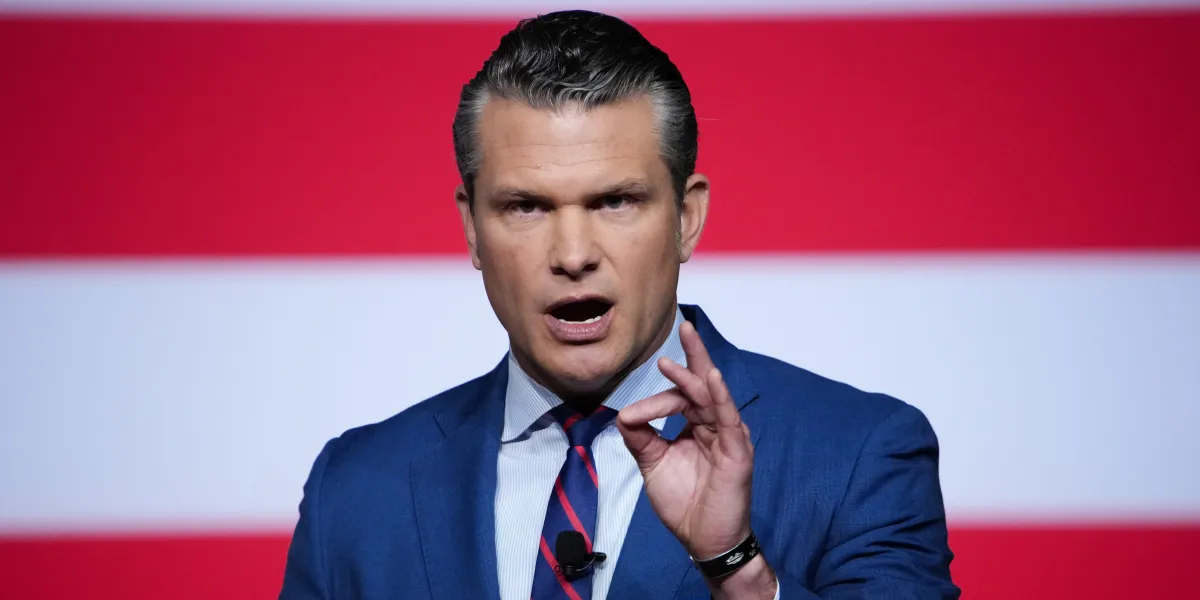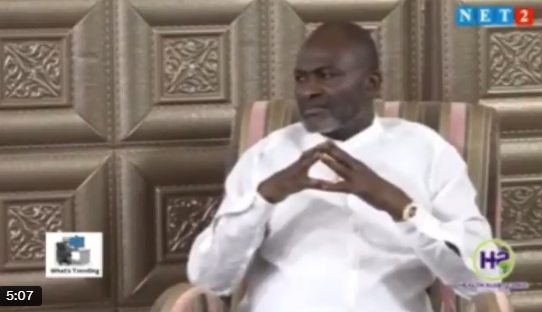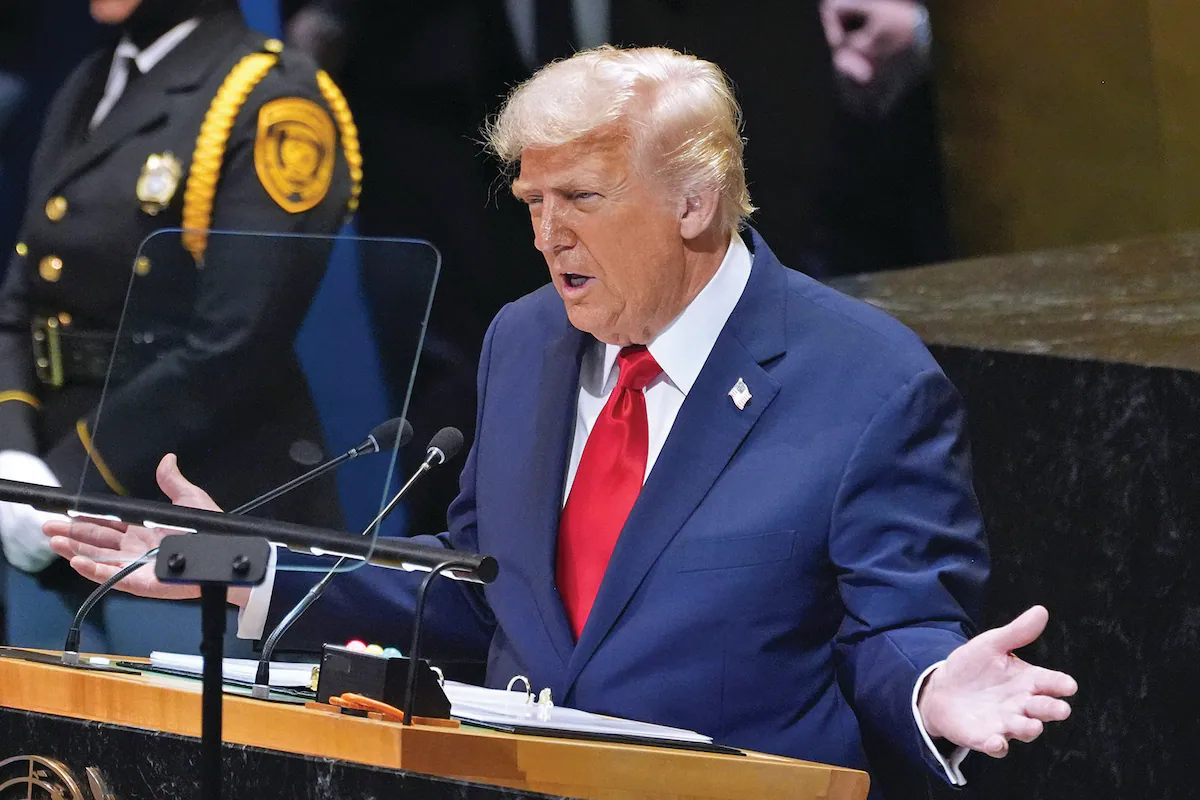
Secretary of War Pete Hegseth’s push to eliminate so-called “beardos” from the armed forces is drawing criticism from service members who say the policy tramples religious freedoms and disproportionately targets Black airmen, Muslims, Sikhs, and pagans. What Hegseth frames as discipline and toughness, critics say, is exclusion and discrimination packaged as military tradition.
“The feeling is, ‘shave your beard or get out.’ People are associating not shaving with laziness. It’s not laziness, it’s my constitutionally protected religious right,” said a practicing Hanafi Muslim service member currently on active duty.
The service member, who spoke to The Intercept on condition of anonymity out of fear of retaliation, said he renounced his citizenship in his country of origin in the Middle East to enlist in the U.S. Air Force, believing the branch would uphold the constitutional freedoms its members swear to defend.
“Before joining, I had a shaving waiver assigned to me because of my faith. I never shaved during basic training or tech school, and now it feels like I’m going to be kicked out,” the Hanafi practitioner said. “I’ve personally helped four other Muslims enlist in the military and promised their religious freedoms would be protected. Now it doesn’t feel that way, and that matters to me.”
In years past, federal courts have repeatedly found that service members who grow beards have a right to keep them on grounds of religious freedom.
Hegseth’s attempt to eliminate beard waivers, among his latest attacks on diversity, equity and inclusion, targets service members on the grounds of race as well as religion. Many Black men in the armed forces are granted medical shaving waivers for painful skin irritation from pseudofolliculitis barbae, or severe razor bumps. The condition can be painful or itchy and, if chronic, may cause hyperpigmentation or permanent scarring.
“Our hair is not the same texture as our coworkers, so it makes sense why shaving would irritate many Black men’s faces,” said former Senior Airman Azhmere Dudley. “I was asked about shaving waivers on multiple occasions, even though the razor bumps were clearly visible. Leadership never really cared to know me or understand me.”
In a speech delivered in Quantico, Virginia on Tuesday, Hegseth addressed his beard policy with comments seen as patronizing to members of Pagan communities, particularly practitioners of Norse Paganism.
“If you want a beard, you can join Special Forces. If not, then shave. We don’t have a military full of Nordic pagans. But unfortunately, we have had leaders who either refuse to call BS and enforce standards or leaders who felt like they were not allowed to enforce standards,” Hegseth said.
These religions have been at the center of grooming standard debates in recent years, as their non-Abrahamic traditions can be unfamiliar to those outside the communities.
During basic military training, the Air Force holds weekly religious services including Wicca, Shingon Buddhism, various Christian denominations including the Church of Jesus Christ of Latter-day Saints, Islamic practices, Judaism, and other faiths.
Calling out the Norse religion in particular “is a bit undermining,” said a senior non-commissioned officer serving on active duty who openly practices a subsect of paganism associated with Nordic traditions and sports a large beard. “I feel like that’s singling people out. Why not say it for Muslims or Christians as well?”
“There are people like ourselves that practice paganism to the fullest extent possible, and it’s kind of a low blow to be called fake,” the source said. “Imagery is just as important as conviction.”
The Pagan source said military service members already give up many of the freedoms civilians enjoy. He said that he had to have his beard waiver approved by a high-level official in the Air Force, and called the process “fairly difficult.”
Critics argue that routing approvals to the Pentagon level for routine waivers is an inefficient use of resources and taxpayer funds, since such waivers are typically handled at the base or unit level. Some waivers are even medically necessary.
The move also sets the United States further apart from several of its allies. Many allied nations with military forces allow beards within the ranks, including the United Kingdom, Canada, France and Germany. Unofficial strategic partners, such as India, also permit beards.
While chemical, biological, radiological and nuclear defense concerns apply to the safety and well-being of all American service members, Hegseth’s comments this week raise questions about whether the return to previous grooming standards is driven by science or by discrimination wrapped in Department of War bureaucracy.
“I feel he’s trying to build the army he envisions in his head. And as a white Christian nationalist, that obviously would mean no BIPOC, women or separate religious beliefs,” said Dudley, who noted that this was his personal assessment, and not a confirmed characterization of Hegseth.



